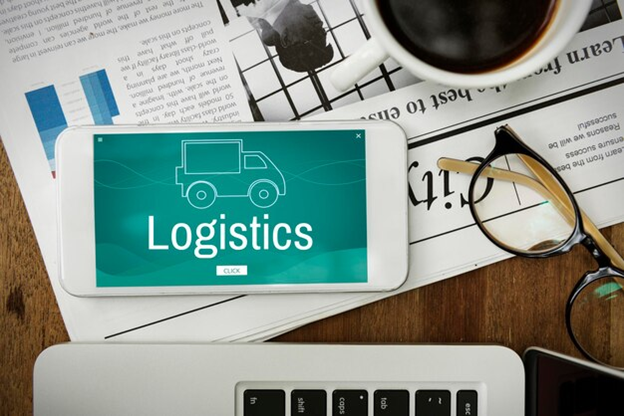Logistic Management
Our program is designed to provide students with the knowledge and skills required to excel in the field of logistics and supply chain management. The program prepares students for careers in logistics management, supply chain management, and related fields. It covers a wide range of topics to ensure that graduates are well-rounded professionals in the logistics industry. Students are encouraged to stay informed about emerging technologies and industry trends throughout the program.

Diploma in Logistics Management
Prerequisites: High school diploma or equivalent
Trimester 1: Introduction to Logistics Management
LOG 100: Introduction to Logistics
- Overview of logistics and its significance in the business world
- Key terminology and concepts
- Historical development of logistics
LOGSC 100: Supply Chain Management
- Understanding the supply chain
- The role of logistics within the supply chain
- Supply chain design and dynamics
LOGTR 100: Transportation Management
- Modes of transportation (land, air, sea, and rail)
- Freight forwarding and transportation planning
- Transportation regulations and compliance
LOGWI 100: Warehousing and Inventory Management
- Warehouse operations and design
- Inventory control techniques
- Warehouse safety and security
Trimester 2: Logistics Operations and Technology
LOGINT 100: International Logistics
- Global logistics and trade
- Import and export regulations
- International documentation and customs
LOGINF 100: Logistics Information Systems
- Use of technology in logistics management
- Warehouse management systems (WMS)
- Transportation management systems (TMS)
LOGQC 100: Quality Control and Lean Principles
- Quality control in logistics
- Lean principles in logistics processes
- Continuous improvement in logistics
LOGFIN 100: Financial Management in Logistics
- Cost analysis and budgeting in logistics
- Pricing strategies and negotiation
- Financial metrics and KPIs
Trimester 3: Logistics Planning and Optimization
LOGFOR 100: Demand Forecasting and Planning
- Forecasting methods and techniques
- Demand planning and forecasting software
- Managing demand variability
LOGRD 100: Route Optimization and Distribution
- Route planning and optimization
- Last-mile delivery strategies
- Green logistics and sustainability
LOGRIS 100: Risk Management
- Identifying and managing logistics risks
- Contingency planning and disaster recovery
- Compliance and legal aspects of risk management
LOGSV 100: Supplier and Vendor Management
- Supplier selection and evaluation
- Relationship management with vendors
- Sourcing strategies and procurement
Trimester 4: Capstone Project and Practical Experience
LOGCA 100: Logistics Case Studies
- Analyzing real-world logistics and supply chain challenges
- Case studies of successful logistics management
LOGPR 100: Capstone Project
- Independent research project related to a logistics or supply chain issue
- Project design, execution, and presentation
LOGJOB 100: Practical Experience
- Internship or practical training in a logistics or supply chain organization
- Hands-on experience in logistics operations and management
- Evaluation of the capstone project and practical experience
Successful completion of the program leads to the award of the Diploma in Logistics Management
Students have to contact the school administration if they want to take extra credits or transfer credits to pursue the Diploma Certificate or Associate of Applied Science (A.A.S.) Degree in their field of interest. Students will select required number courses in each of the areas listed to meet general education requirements graduation for the A.A.S. Some of these courses can be transferred directly from and to the university system and may be substituted for recommended courses on the outline. Students should speak with an advisor before doing so these selective courses are required for all students.
- Selected Communication Course (Choose two for Diploma or three for the Associate)
ENGL 100: Fundamentals of Speech
CPL 100: Career Planning
CPL 101: Communications and Career Strategies
ENGL 101: Composition
ENGL 102: composition
- Selected Mathematics Course (Choose two for Diploma or three for the Associate)
MATH 100:General Math
MATH 101:Intermediate Algebra
MATH 102:College Algebra
- Selected Social Science Course (Choose two for Diploma or four for the Associate)
ECON 105:Leadership
ECON 101:Principles of Microeconomics I
ECON 102:Principles of Macroeconomics II
SOC 101:Introduction to Sociology
PSYC 101: Introduction to Psychology
HIST 101: History
